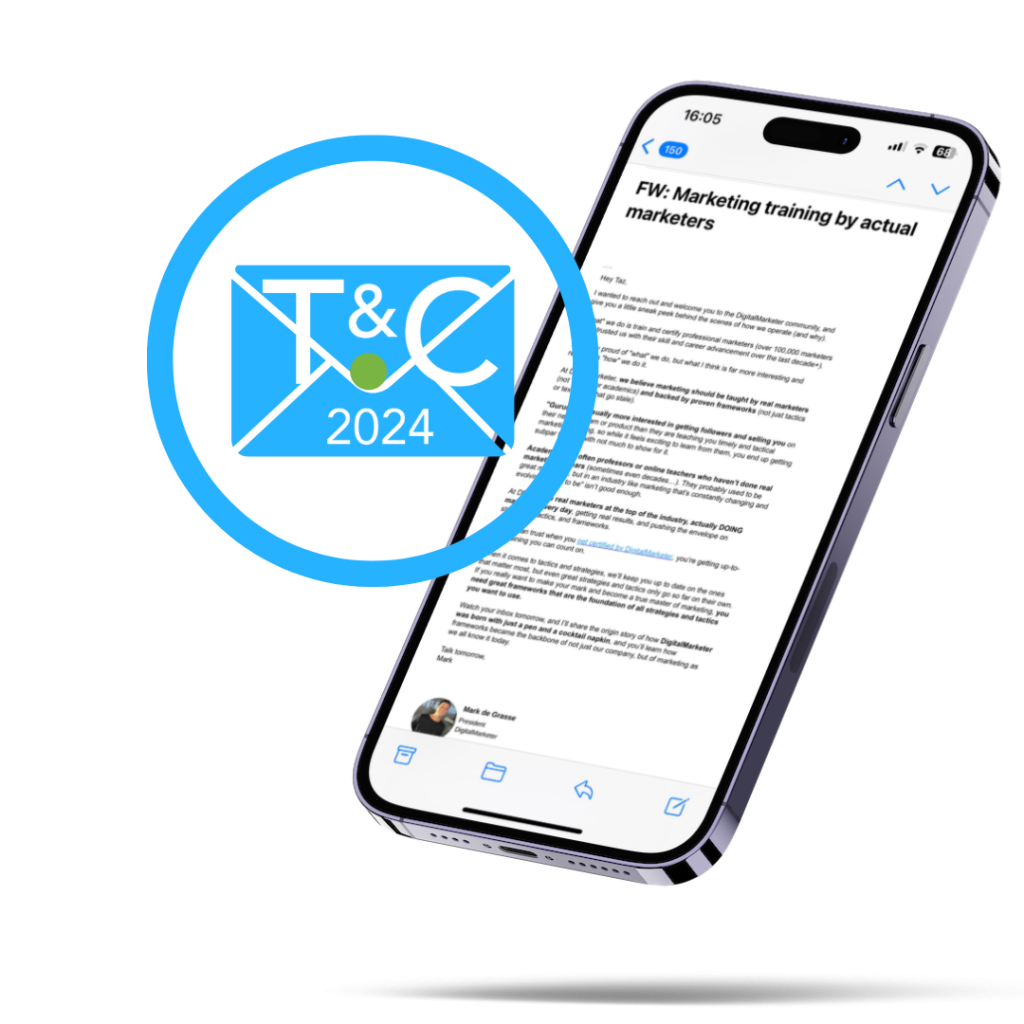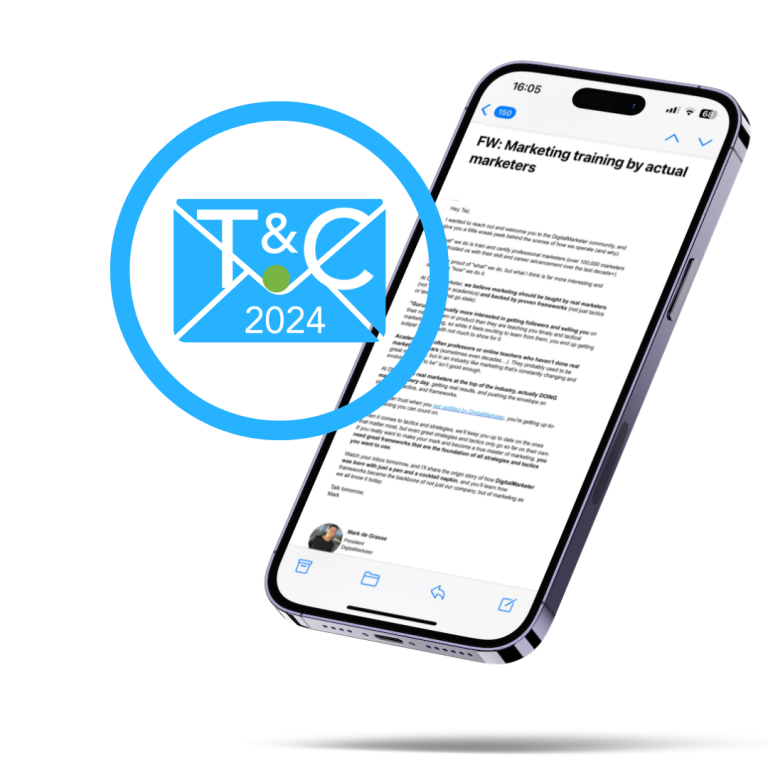“It’s Google’s world and we’re all just living in it.”
This is just one of the many takeaways from LinkGraph CTO/Founder Manick Bhan’s recent talk on SEO reputation management at the 2021 Traffic & Conversion Summit.
Here’s a closer look at other key insights on how to run a successful reputation management campaign.
Reputation Management Matters
Branded search results are a brand’s most important assets. Not convinced? The data speaks for itself:
- 1 negative article in search results = 22 percent loss of e-commerce customers
- 69 percent of job-seekers won’t apply to companies with online reputation issues
- 41 percent of companies have lost revenue from a reputation-related event
But good reviews have the opposite effect:
- products with 5+ positive reviews have 270 percent higher conversion rates.
The evidence is clear: Having good reviews is the difference between ROI positive marketing and ROI negative marketing. And it all comes down to reputation management.
Owning Your Reputation with SEO
Reputation management can be challenging — especially when data shows that people are much more likely to leave negative reviews than positive ones.
One way to take control? Understand the algorithm in order to use it to your advantage. While SEO factors in hundreds of things, they all can be sorted into one of 4 categories:
- Authority
- Content
- Technical
- Page experience (UX)
Authority and content are the most important when it comes to reputation management.
Leverage Content for Reputation Management
Content is an increasingly important way to elevate positive search results — starting with the following places:
- Business-friendly review sites
- Social media accounts
- Microsites you control
- Earned media on news sites via PR
But all content isn’t created equal. Content on these pages must be SEO-friendly, incorporating the following strategies:
- Use of content optimization software
- Images and video
- No keyword stuffing
Bhan also gave tips on other content strategies that support reputation management, including maximizing the SERP real estate of your owned properties and optimizing your social listing.
The Power of PR
PR is another of Bhan’s favorite reputation management SEO strategies because it lets you tell the story you want to tell — and get it out there. Some topics to share, according to Bhan?
- Awards you’ve won
- New product launches
- Thought leadership
- CSR programs
- Positive community impact
He also suggests using software tools like Pitchbox and Cision.
The Authority Imperative
When it comes to demonstrating authority to search engines for reputation management, relevant backlinks are critical as they directly correlate with site authority and traffic.
Suppressing negative search results can also help you build your authority through strategies like:
- Altering the context of Google suggestions
- Using negative SEO to push negative things down
- Taking advantage of the right to be forgotten (only in the EU)
Looking for tips for managing your reputation on review sites, meanwhile? You can do so by:
- Picking the review sites you want to invest in
- Reducing negative review velocity
- Increasing positive review velocity
One final reputation management tip from Bhan? Make sure to respond to ALL feedback professionally and constructively.






